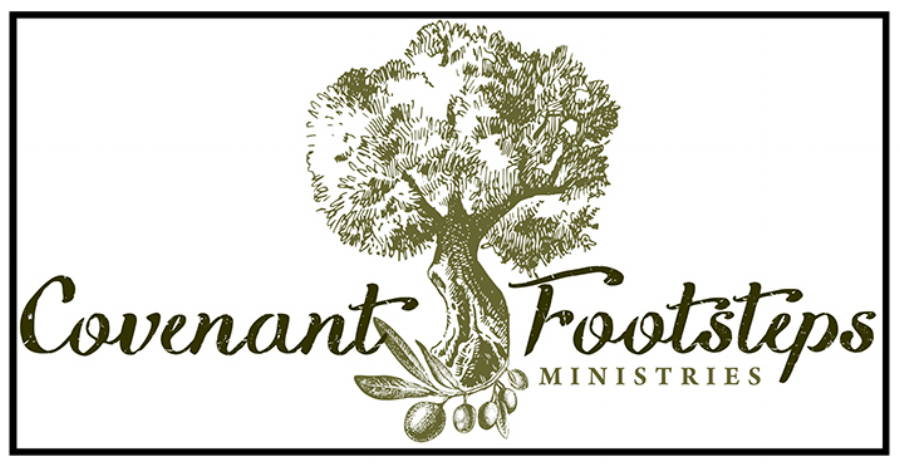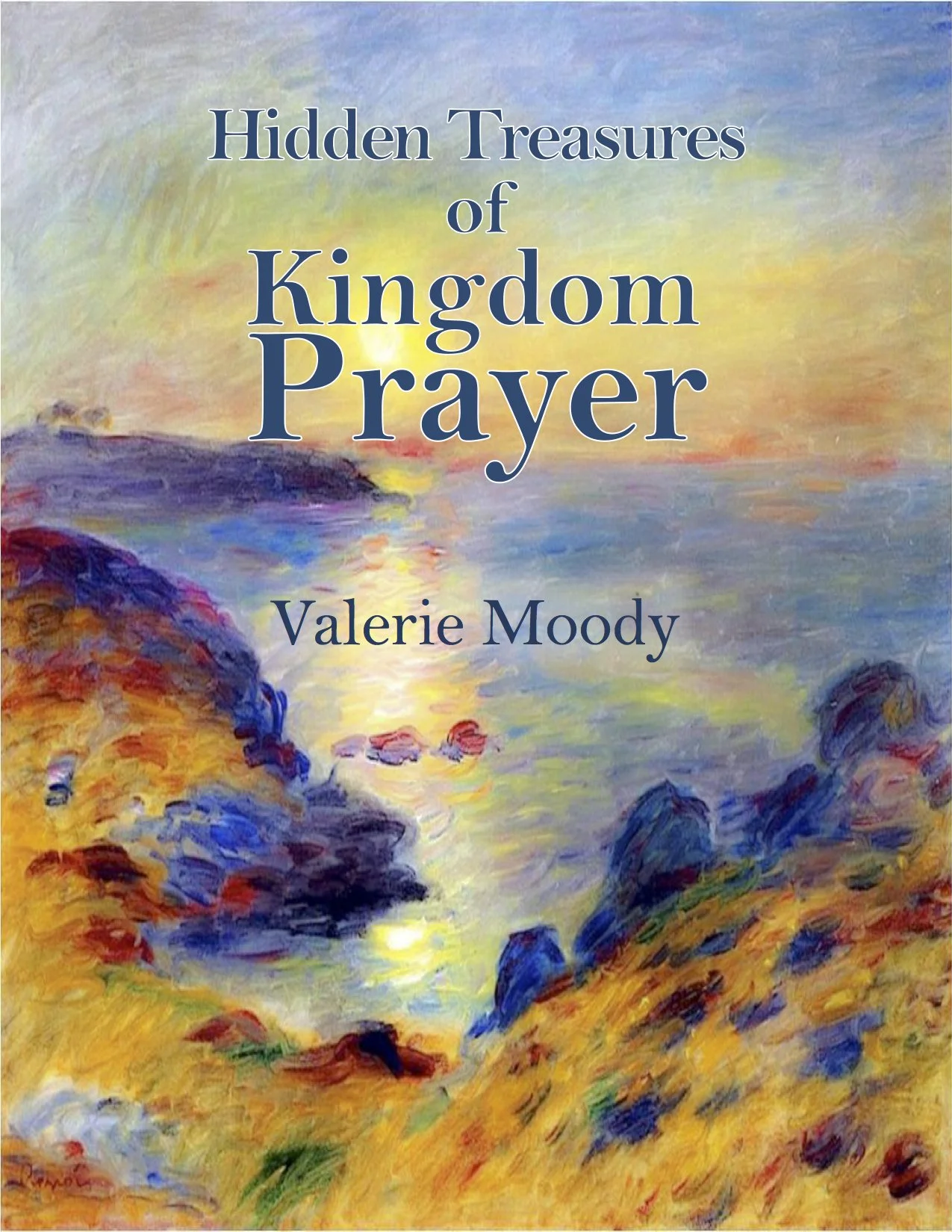Oh Wow, the Secret Vow
surge conference, 2023
People in Scripture found ways to ask the Almighty for healing, wisdom, abundance, peace, courage, and other needs. To receive them, some pledged oaths and vowed vows. Individuals and communities both made vows. Men and women both made vows. One secret vower in Scripture impacted Israel’s prophetic history and the coming of the Messiah.
Defining a Vow
A biblical vow is a conditional promise. It includes both conditions and promises. The vower will fulfill specific promises when the Almighty meets specific conditions.
In the Bible, a vow is the Hebrew word nadar, and the Greek word euche. Vows are rare.
The Hebrew word nadar appears sixty times in the Old Testament Tanach.
The Greek word euche appears only three times in the Brit Chadasha or New Testament.
The Bible’s First Vow
Jacob is the first person to vow a vow in the Bible, Genesis 28:20-22. When someone in Scripture is speaking with God and uses the word “if,” it might be a clue that the person is vowing a vow. He or she is obligated to keep promises when God meets certain conditions.
Conditions for God to meet are safety, provision, and a return to his home in shalom.
Promises for Jacob are to build God’s House, and give Him a tenth of his earnings.
The Law of First Mention states that the Bible’s first mention of a word or idea is the simplest and clearest meaning. Because Jacob’s vow is the first mention of a vow, it is an excellent example of a two-way agreement between God and people.
Purposes for a Vow
To show love for Adonai.
As a sign of purification before Him.
Dedication and consecration to Him.
A request for His help in distress.
Some Who Vowed in Scripture
Israelites – Numbers 21:2
Jephthah – Judges 11:30
David – Psalm 132:1-5
Rabbi Paul – Acts 18:18
Jerusalemites – Acts 23:12
The Messiah and Vows
A common misunderstanding is that Yeshua forbids vows. But, does He actually do this in Matthew 5:33-37? Yeshua applies several Torah verses from the Torah emet, the Torah of truth. He applies Leviticus 19:12, Numbers 30:2, and Deuteronomy 23:21. But euche, the Greek word for vow, appears nowhere in this passage. He actually advises not against vows, but against omnyo or swearing.
The book, Hidden Treasures of Kingdom Prayer, reveals the nature of vows and the secret vower who is the subject of this message.
It is available at the Shop Tab at www.vmoody.com or the Products Tab at covenantfootsteps.com.
Oaths
People must keep the vows and oaths they speak.
The Hebrew word for oath is shebuah, Numbers 30:2
The Greek word for oath is harkos, James 5:12
An oath is not conditional. The purpose of an oath is to attest to the truth of what a person claims or intends to do. The word for oath first appears in Genesis 24:8, where Abraham swears an oath.
On Yom Kippur at the synagogue, an opening service called the Kol Nidrei. It guides Jewish worshipers who seek to absolve themselves of any vows or oaths they might have made and subsequently violated.
A Secret Vower
Hannah is the secret vower in Scripture who impacted Israel’s prophetic history, and the coming of the Messiah. Here are three reasons why she kept her vow a secret:
Secret vows can express intense emotions and not everyone could understand Hannah’s feelings.
Secret vows protect oneself, and others, from harm or interference. Hannah’s secret vow allowed her to dedicate something to God and fulfill it without interference.
Secret vows strengthen our intimacy with God. Hannah’s secret vow increased her sense of devotion to the God who creates life.
Names in Hannah’s Story
Often, Bible Characters act out the meaning of their names.
Hannah means Grace.
Elkanah means Elohim creates.
Peninnah means Rough Diamond.
Samuel means Elohim hears.
Adonai Tzava’ot means Commander of Armies.
Three Types of Secret Vows
To clarify Hannah’s vow, here are three types of secret vows.
Romantic vow of love or marriage.
A self-improvement or achievement vow.
A vow which expresses trust in the Almighty.
Lessons of Hannah’s Vow
Here are the lessons we gain from Hannah’s secret vow.
She emphasizes God’s sovereignty by being the first person in the Bible to call Him Adonai Tzava’ot.
She unveils His grace by allowing Him to listen to, and meet, her deepest longings.
She compels us to make our requests known to Him, and to cry out.
She reminds us that we all have something to dedicate to Him, such as time, resources, and people.
She proves that vows can be a rare expression of commitment to God.
Dangers of Vows
The Bible gives cautionary warnings regarding vows. Here are four of those warnings:
Deuteronomy 23:21
Deuteronomy 23:22
Ecclesiastes 5:4
Ecclesiastes 5:5
Should We Vow a Vow?
Seven questions assist us in determining the propriety of a vow:
Is there a better way to achieve the goal besides vowing a vow?
Will His answer to the vow bring Him glory and praise?
Will vowing a vow bring about a better good, or will it cause harm?
Is vowing a vow the best way to increase our loyalty to the Almighty?
Will the vow drive us to seek His will and righteousness?
Will the vow benefit the Kingdom?
Will we fulfill the vow, no matter what?
Tips for Fulfilling Vows
If we decide to vow a vow, here are some tips to help us fulfill our vow:
Recall the reason for it, and the benefits of the vow.
Focus on the outcome and good intentions of the vow.
Seek support from others.
Discuss feelings and challenges.
Re-evaluate the vow to see if it is still relevant and feasible.

